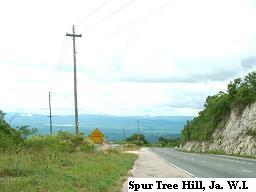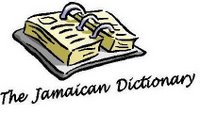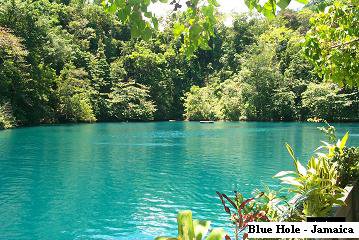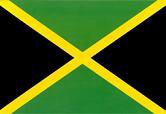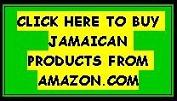Recipe for The Jamaican Christmas Cake
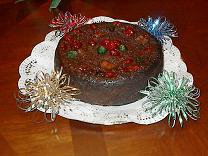
My dear wife has kindly consented to share a Christmas Cake recipe with you. This recipe is also used when making a Jamaican wedding cake. Enjoy!
The following recipe will make two 9" round cakes:
FRUITS:
2 lbs. Raisins
1/2 lb. Prunes
1/2 lb. Dates
1 lb. Mixed Fruit
Red Wine to soak fruits
6 tablespoons Jamaican white rum
1/2 lb. Cherries - DO NOT SOAK with fruits named above. The unsoaked cherries will remain red and attractive to look at in the cake after baking. Add to mixture after soaked fruits have been added.
With the exception of 1/2 lb raisins, grind all fruits and soak in wine and white rum. Add the 1/2 lb. raisins that was not ground.
It is best to have your fruits soaking well in advance. Some Jamaicans will have this fruit mixture soaking sometimes, even for 1 year! But if you need it quickly, you can still get a nice cake the same day that it is soaked!
Chop up 1/2 lb. cherries but do not add to the fruit mixture. Add these cherries at time of baking.
N.B. My wife does not like using currants since sometimes there are seeds in them.
1 lb. Butter
3/4 lb. dark Sugar
10 Eggs
1 teaspoon Almond Essence
1 teaspoon Vanilla
1 teaspoon Rose Water (Optional)
1 lb. Flour
3 teaspoons Baking Powder
2 tablespoons Mixed Spice (NOT Allspice!)
2 tablespoons Cinnamon
Browning (Optional)
Sherry
METHOD
Preheat oven to 250 degrees Fahrenheit.- Line the sides and bottom of two 9" baking pans with a double layer of greaseproof paper and set aside.
- Cream butter and sugar until light and fluffy.
- Add eggs 2 at the time creaming after each addition. After adding the eggs, you will have to move the butter, sugar and egg mixture to a larger bowl and prepare to manually do the balance of the recipe by hand.
- Add vanilla and almond essence to the butter and sugar mixture.
- If you use browning, pour a very small amount in mixture and stir. Note: Be very careful with browning! It makes your cake too dark!
- Add baking powder, mixed spice and cinnamon to the flour.
- Pour butter and egg mixture in a larger bowl.
- Add flour mixture to butter mixture by folding it in.
- Continuously add flour mixture to butter mixture.
- Add soaked fruits to flour/egg mixture and thoroughly fold it in.
- Add cut-up cherries to mixture. Leave a few cherries for decorating top of cake.
- Pour mixture in the 2 lined 9" baking pans.
- Bake in pre-heated oven until done. Use a knife to test for doneness, etc. The knife should come out clean.
- Stick cakes all over with a toothpick. Sprinkle sherry over hot baked cakes.
- Enjoy!

